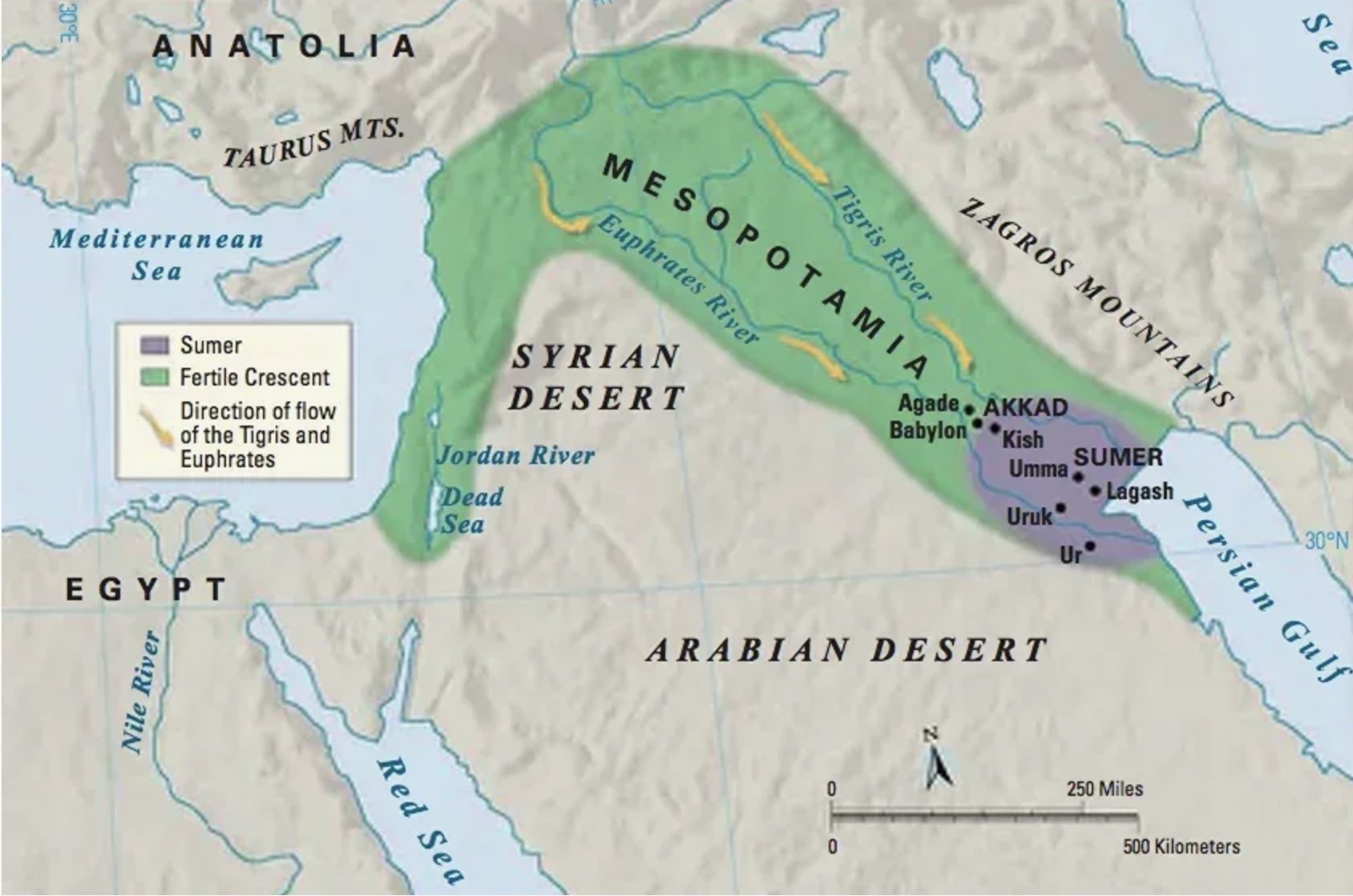The Assyrian Civilization as a Military and Imperial Power
- Подробности
- 1073
The Assyrian Civilization became the dominant force of the Mesopotamian world in the early 1st millennium BC. Originating in northern Mesopotamia, with cities such as Ashur, Nineveh, and Nimrud, the Assyrians built the largest empire the region had ever seen. Their state was marked by strong kingship, a disciplined army, and advanced methods of administration and warfare.
The Assyrian Civilization

The Assyrian civilization became the dominant force of Mesopotamia in the early 1st millennium BC. Originating in northern Mesopotamia, with cities such as Ashur, Nineveh, and Nimrud, the Assyrians built the largest empire the region had ever seen. Their state was marked by strong kingship, a disciplined army, and advanced methods of administration and warfare.
Located along the upper Tigris River, Assyria at first was a modest kingdom that relied on trade and agriculture. From the 9th century BC onward, it expanded rapidly through constant military campaigns. Assyrian kings such as Tiglath-Pileser III, Sargon II, Sennacherib, and Ashurbanipal turned Assyria into a true superpower of the ancient Near East, ruling lands from Egypt to Persia.
One of the Assyrians’ greatest contributions was the development of a highly organized military system. They used iron weapons, siege engines, cavalry, and a professional standing army, which gave them a decisive advantage over their rivals. Their campaigns spread Assyrian influence and secured vast territories for trade and tribute.
The Assyrians also established an efficient system of provinces, ruled by governors directly responsible to the king. They built impressive palaces decorated with reliefs that glorified their victories, and monumental cities like Nineveh with grand walls and temples. Their religion continued Mesopotamian traditions, with Ashur as the supreme deity.
A remarkable cultural achievement was the library of Ashurbanipal in Nineveh, which preserved thousands of clay tablets, including the Epic of Gilgamesh and other Sumerian and Babylonian works. This collection became one of the greatest repositories of ancient knowledge.
Although the Assyrians created the most powerful empire of their time, their reliance on constant warfare, harsh rule over subject peoples, and internal rivalries eventually led to their downfall. Rebellions erupted across the empire, and their enemies united against them. In 612 BC a coalition of Babylonians — who by this time had gained a second wind — and the Medes, a warlike Iranian people, captured and destroyed Nineveh, bringing the Assyrian Empire to a dramatic end. After its fall, Assyria never regained independence, but its legacy in military organization, administration, and cultural achievements continued to influence later civilizations of the Near East.
LISTEN TO THE TEXT





 Как правильно изучать английский язык по карточкам (статьи)
Как правильно изучать английский язык по карточкам (статьи)